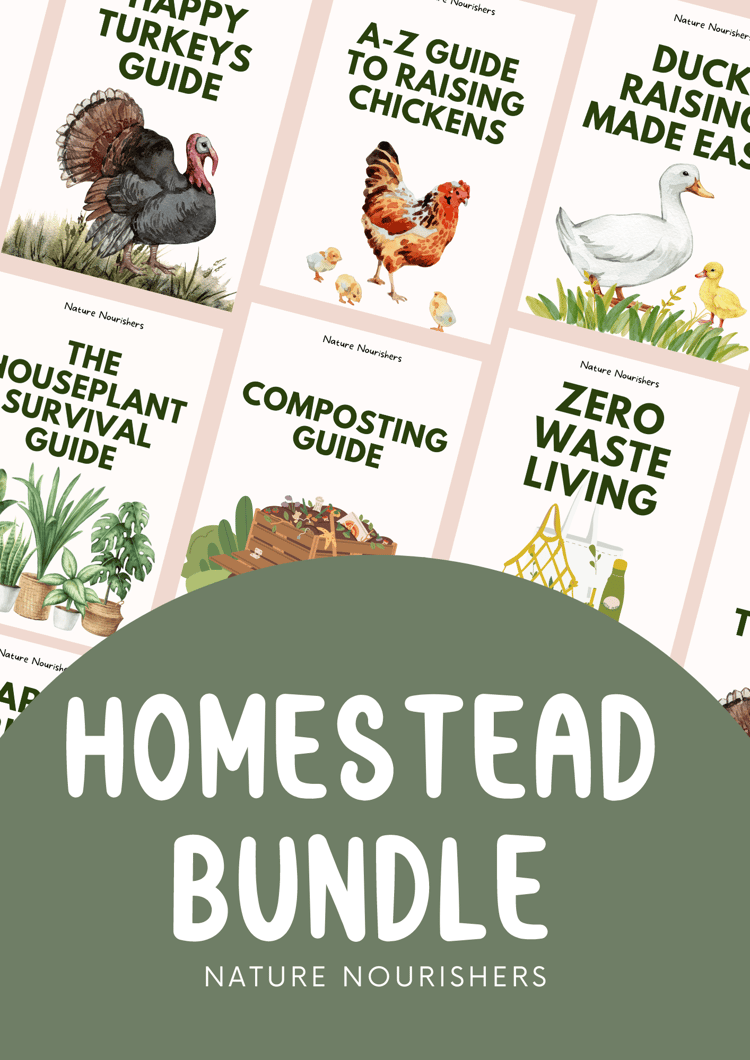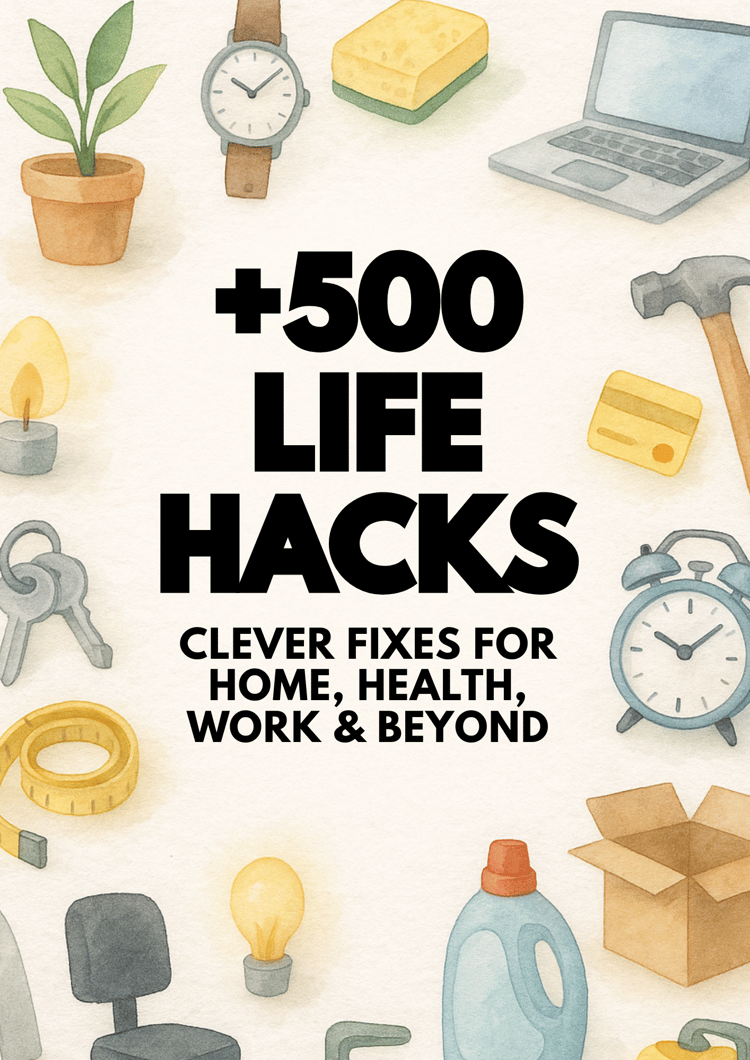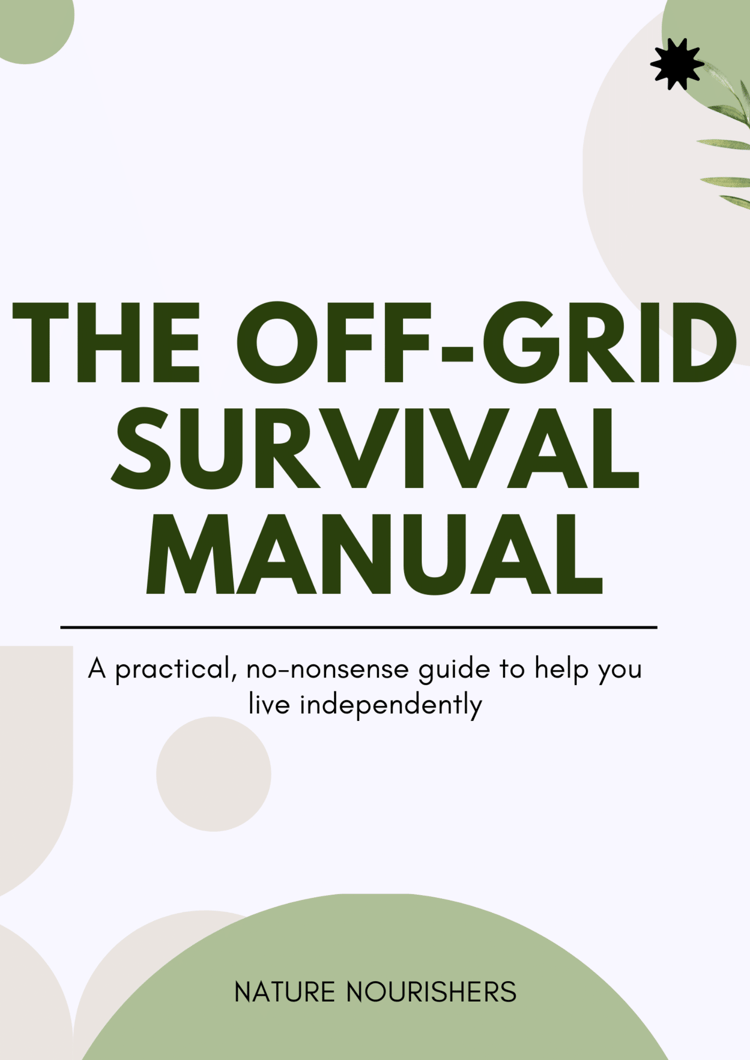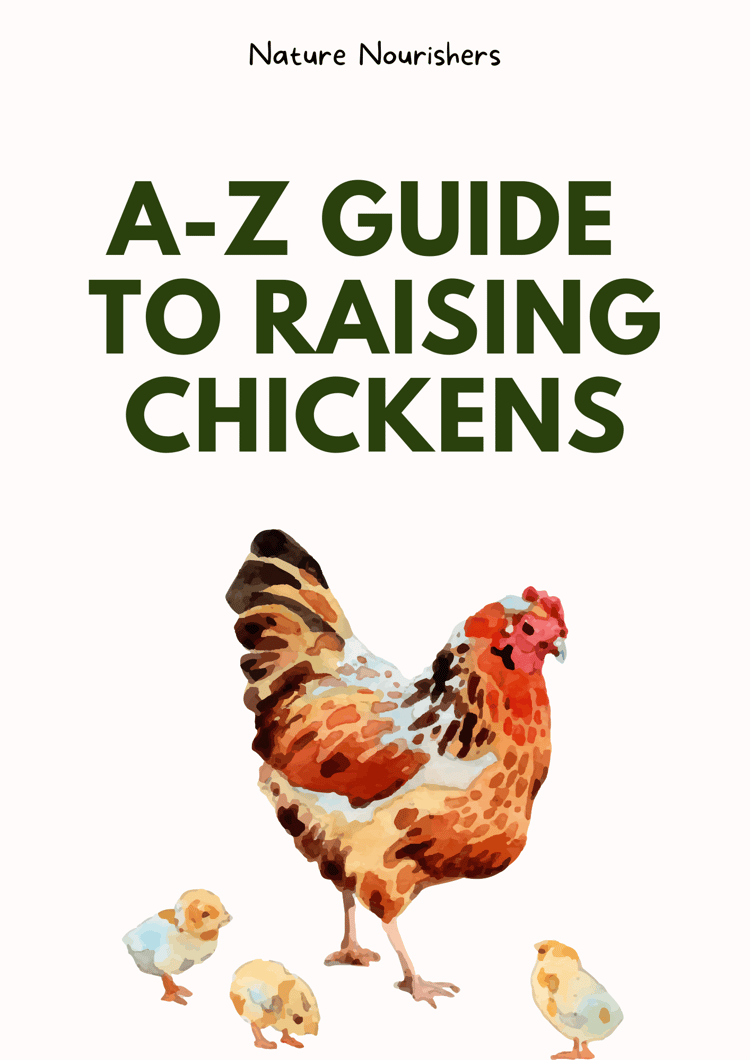If you think composting is just for banana peels and eggshells, think again. There are plenty of surprising items you can toss in your compost pile to enrich your soil — and a few that should never go in if you want clean, healthy compost. Here’s what to know.
Surprising Things You Can Compost
1. Coffee Filters and Tea Bags (If Plastic-Free)
Toss used filters and tea bags into the pile — just make sure they don’t contain synthetic mesh. Look for unbleached, plastic-free varieties.
2. Shredded Newspaper and Office Paper
Black-and-white ink is usually soy-based and safe. Shred it first and mix with food scraps to balance moisture.
3. Dryer Lint (From Natural Fibers Only)
Lint from cotton, wool, or linen clothing breaks down just fine. Skip it if you dry synthetics.
4. Hair and Pet Fur
Human and animal hair adds nitrogen and breaks down slowly — best in hot compost piles.
5. Egg Cartons (Cardboard Type)
Tear them up and use as a dry brown layer to soak up moisture and reduce odors.
6. Natural Corks
Real cork (not plastic corks) breaks down slowly but safely. Crush or slice them for faster composting.
7. Vacuum Cleaner Contents (If You Vacuum Natural Fibers)
If your floors are mostly wool rugs and dust, the contents are compostable. Just skip it if synthetic carpet fibers dominate.
8. Paper Towels and Napkins (If Chemical-Free)
Used ones without greasy food or cleaning chemicals can be added as browns.
9. Old Herbs and Spices
Expired or stale seasonings? They’re organic matter too — and they compost just like plant scraps.
10. Wooden Toothpicks and Matches
As long as they’re plain wood and not painted or plastic-tipped, toss them in.
11. Nut Shells (Except Walnut)
Almond, pecan, and pistachio shells break down slowly but add great texture and carbon. Avoid black walnut shells — they contain juglone, which is toxic to many plants.
12. Cardboard Tubes (Toilet Paper, Paper Towels)
Tear them into small pieces to add structure and soak up moisture.
13. Old Bread, Pasta, and Rice (In Small Amounts)
These dry foods break down quickly but can attract pests — mix them deep into the pile and don’t overdo it.
14. Natural Fabric Scraps (Cotton, Linen, Wool)
Old, un-dyed, unblended fabric scraps can be shredded and composted — even thread and twine.
15. Fireplace Ashes (In Small Doses)
Wood ash adds potassium and raises pH. Use sparingly and never from painted or treated wood.
Things You Shouldn’t Compost
1. Meat, Dairy, and Greasy Foods
They rot fast, smell bad, and attract pests. Only compost these in bokashi or hot compost systems.
2. Colored Glossy Paper or Magazines
These often contain plastic coatings and heavy metals that don’t break down cleanly.
3. Synthetic Dryer Lint
If you dry polyester, acrylic, or other synthetics, the lint contains plastic microfibers.
4. Pet Waste (Dog and Cat Poop)
It can contain pathogens and parasites harmful to humans. Avoid unless you’re using a dedicated compost system away from food production.
5. Treated or Painted Wood Scraps
These contain chemicals that can leach into your compost and damage your soil.
6. Weeds With Mature Seeds
Unless you’re hot composting, seeds may survive and sprout in your garden later.
7. Diseased Plant Material
Composting diseased leaves or stems can spread pathogens to your future crops.
8. Citrus Peels in Large Amounts
Small amounts are okay, but too much citrus can make your pile too acidic for microbes.
9. Onions and Garlic in Excess
These can slow down composting and deter beneficial bacteria and worms. Use in moderation.
10. Biodegradable Plastics (Unless Labeled Home-Compostable)
Many compostable plastics require high heat and won’t break down in a backyard pile.
11. Large Quantities of Salty Foods
Too much salt can harm beneficial microbes and soil health. Avoid dumping salted leftovers.
12. Chewing Gum
Gum contains synthetic rubber or plastics that don’t break down naturally.
13. “Compostable” Takeout Containers (Unless Labeled Home-Compostable)
Most are designed for industrial composting only and won't break down in backyard bins.
Composting is both art and science — and the more you know, the better your pile will perform. Get creative with what you include, stay cautious about what you don’t, and your compost will reward you with rich, earthy gold.




